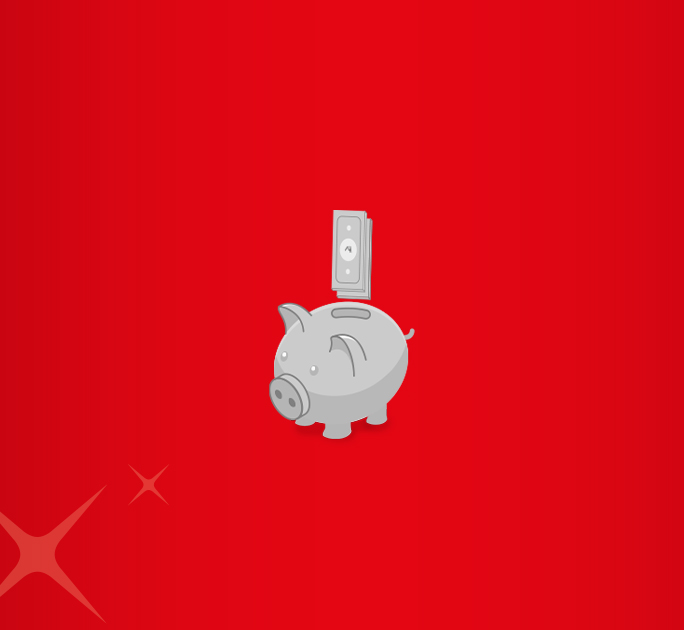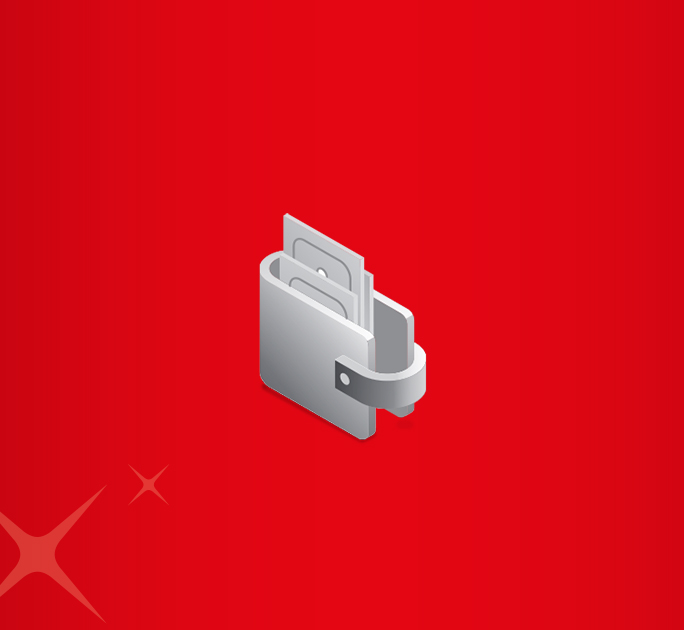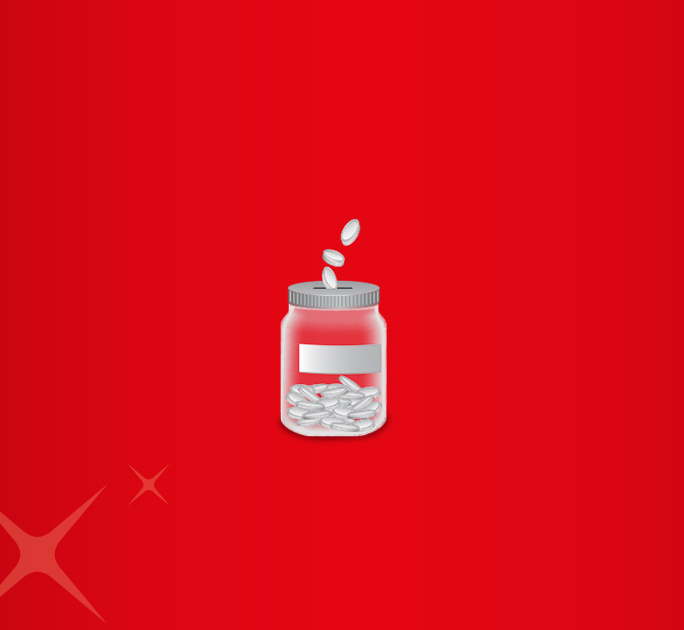- Save
- Invest
- Borrow
- Pay
- More
- Customer Services

Certificate of Deposit vs Fixed Deposit | DBS Bank India
Comparing Certificate of Deposit vs Fixed Deposit to analyse the differences.
Key Takeaways
- Fixed Deposits and Certificates of Deposits are both bank-based investment options that help you save money and earn interest.
- CDs have shorter tenures, whereas FDs come with varying investment tenures.
- The minimum investment amount for CDs is INR 1 lakh, whereas you can invest in FDs with just INR 1000.
- FDs can be used as collateral to avail of loans, whereas CDs cannot.
- FDs are relatively low risk, but CDs can offer better returns.
Most people with conservative risk appetites typically opt for debt instruments that offer stable returns. Of the many debt instruments, Fixed Deposits and Certificates of Deposits are popular, but most new investors consider them to be the same. So, here is an article on Certificate of Deposit vs Fixed Deposit discussion to help you make informed investment decisions.
What is a Certificate of Deposit?
Certificates of Deposit (CDs) are a type of money market financial instrument. They fall under the purview of and are governed by the Reserve Bank of India. Essentially, CDs are a form of agreement between depositors and banks, wherein the bank pays you interest on your investment. These investments come with fixed investment amounts and tenures. You have to stay invested for a period of time, after which you can redeem your investment. You are not permitted to redeem your CD before the set maturity period ends. A good reason to invest in a CD is the CD rates of interest are relatively higher.
What is a Fixed Deposit?
A Fixed Deposit is another bank-issued financial instrument that helps you save money and generate additional income. Fixed Deposits (FDs) are a kind of term deposit, wherein you can invest your funds for a fixed period. You can earn interest on the amount invested at a predetermined interest rate. The interest rate on FDs is generally higher than that offered on Savings Account deposits.
Fixed interest rates, capital preservation, and freedom from market-based fluctuations make FDs a low-risk investment option. Moreover, you can create FDs of smaller amounts with varying investment tenures and room for premature withdrawal.
Cash Deposit vs Fixed Deposit
The following factors differentiate Certificate of Deposit Vs Fixed Deposit.
Duration
CDs enable you to invest your money for a short term, with a maximum tenure of 12 months. However, FDs offer a wider range of tenures, from shorter periods of 7 days, up to 10-year investment tenures.
Minimum Amount
You must invest a minimum amount of INR 1 lakh in CDs. With FDs, the principal amount invested can be as low as INR 1000.
Collateral
CDs cannot be used as collateral to avail of loans and other forms of financial aid. However, you can apply for loans against existing FDs.
Certificate of Deposit vs Fixed Deposit – which is better?
Ultimately, the choice between a Certificate of Deposit and a Fixed Deposit depends on your financial objectives. If you are looking for stability and regularity, FDs offer fixed income at relatively low risk. However, if you can tolerate a little risk, CDs help you earn interest at higher rates. Additionally, they can help you meet your short-term financial goals.
Conclusion
DBS Bank offers a wide range of investment options, like Fixed Deposit accounts, that you can create online. You can invest remotely via the digibank mobile app and internet banking portal.
If you prefer to save time and effort, and open an FD account remotely, then download the DBS Bank app right away!
*Disclaimer: This article is for information purposes only. We recommend you get in touch with your income tax advisor or CA for expert advice.












